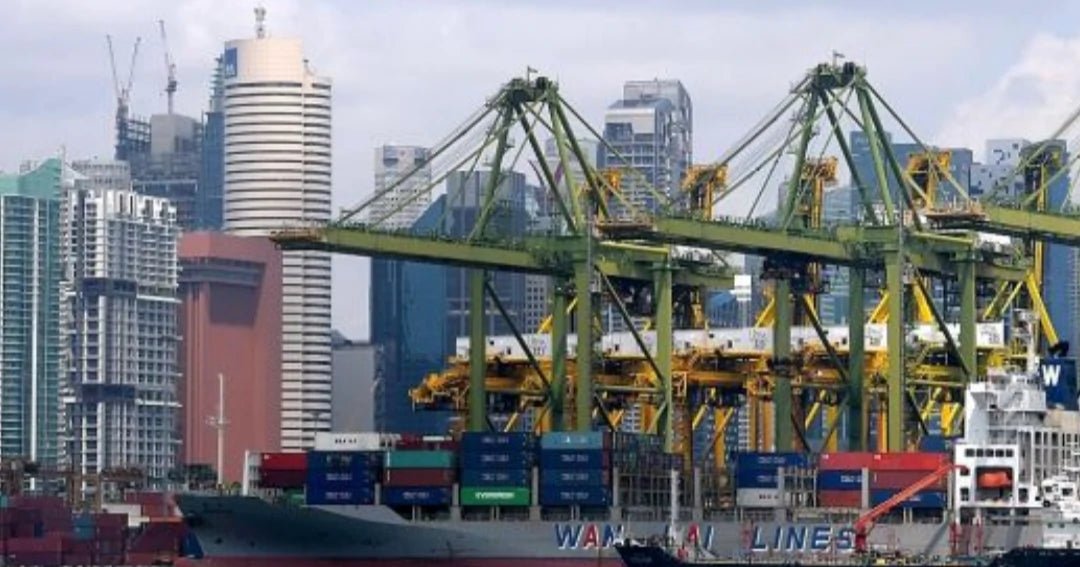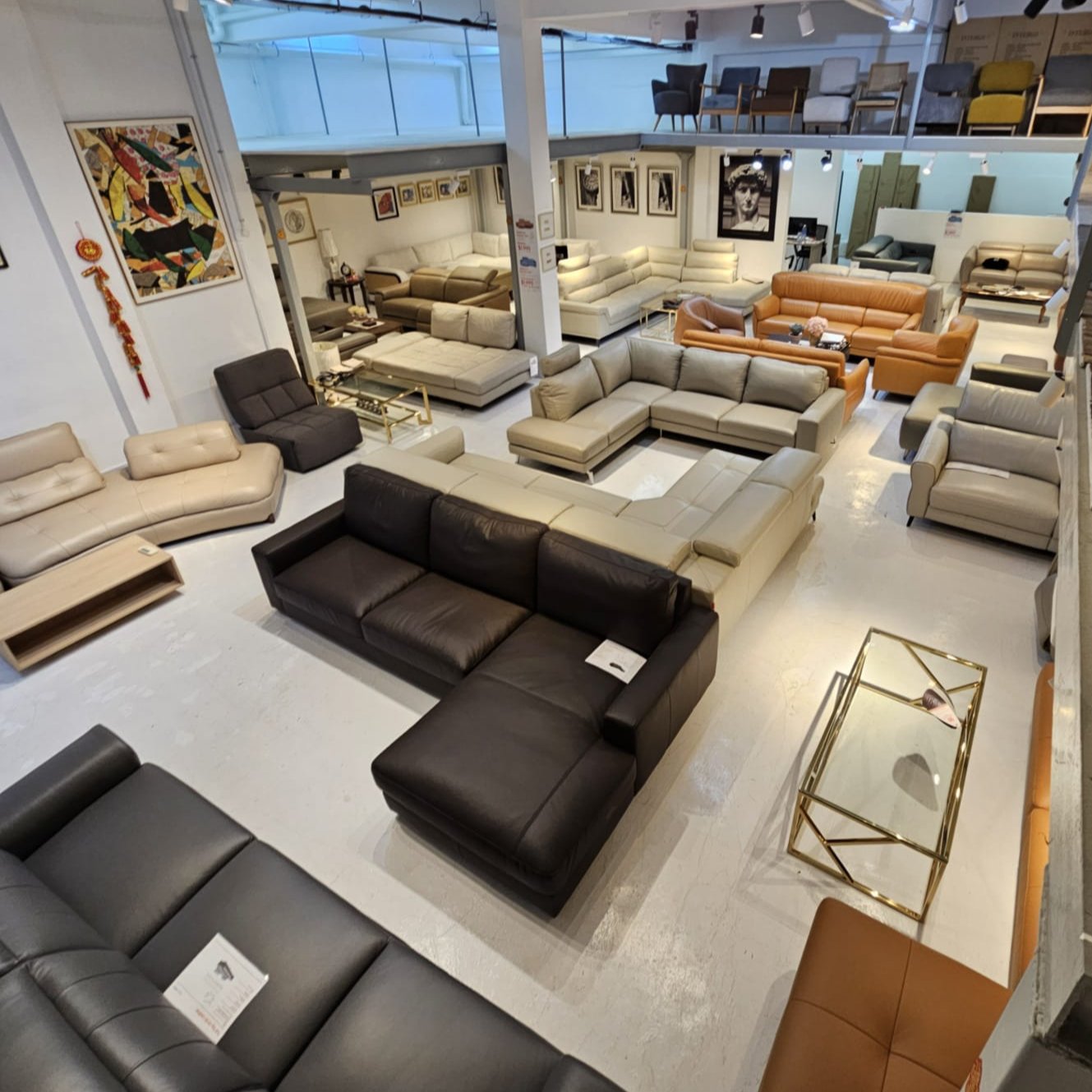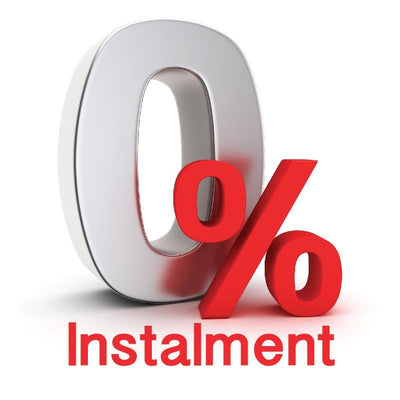KEY POINTS
- Shipping costs have skyrocketed as desperate companies wait weeks for containers and pay premium rates to get them, according to industry watchers.
- Ikea’s Singapore operations called it a “global transport crisis” and estimates 850 of its 8,500 products are affected by shipment delays.
- Chinese tech giant Alibaba’s logistic arm Cainiao launched a container booking service last week in response to the global shortage.

SINGAPORE — A critical shortage of containers is driving up shipping costs and delays for goods purchased from China.
The pandemic and uneven global economic recovery has led to this problem cropping up in Asia, although other parts of the world have also been hit. Industry watchers said desperate companies wait weeks for containers and pay premium rates to get them, causing shipping costs to skyrocket.
This affects everyone who needs to ship goods from China, but particularly e-commerce companies and consumers, who may bear the brunt of higher costs.
How this will affect Picket&Rail
Our sofas, mattresses, tatami beds, premium cabinetry and custom furniture might face some delays due to this issue. We ask for your kind understanding and continued patience as we are improving and expediting our operational procedures to deliver your furniture as fast as possible. Our team is working around the clock to shorten extensions so that you can enjoy your much awaited purchases.
We appreciate the extended generosity, support and trust for Picket&Rail as we adapt to these new changes.
For any inquiries, do not hesitate to contact your salesperson or customerservice@picketandrail.com and we will get back to you within 1-2 working days as we are facing a high volume of emails.
Read on to understand what caused the price hike.
Trade surplus furthers container imbalance
There are a few factors stemming from the pandemic driving this phenomenon.
First, China is sending out a lot more exports to the U.S. and Europe than the other way round. Its economy bounced back faster as the virus situation within its borders was basically under control by the second quarter of last year. As a result, containers are stuck in the West when they are really needed in Asia.
There are about 180 million containers worldwide, but “they’re in the wrong place,” said Yeager of Redwood Logistics.
Limited alternative
The shortage is further exacerbated by limited air freight capacity. Some high-value items that would normally be delivered by air, such as iPhones, now have to use containers via sea instead, according to Yeager.
International flight volumes have plunged due to virus and travel restrictions.
“Air freight companies typically use that extra capacity at the belly of a passenger plane. Well, there’s just not very many passenger flights, so not as much air service,” he said. “The lack of options, combined with this crazy amount of demand, has produced this crisis.”
The container crisis affects all companies that need to ship goods. But analysts say the situation has a pronounced effect on e-commerce retailers that primarily offer consumer goods, many of which are made in China.
Ikea’s Singapore operations called it a “global transport crisis” in a mid-January Facebook post. The furniture giant estimated that about 850 of its 8,500 products sold in Singapore are affected by shipment delays, which Ikea said affects availability and planned promotions.
Race to build new containers
While some new containers have been ordered, PWC’s Ng said they will not be ready right away. He pointed to a report by the Shanghai International Shipping Research Centre released in the fourth quarter last year, which said that the shortage issue is likely to last for another three months or more.
Chinese tech giant Alibaba’s logistic arm Cainiao launched a container booking service last week, citing the global shortage. It said its service would span over 200 ports in 50 countries, and port-to-port shipping fees would be 30% to 40% cheaper, according to Reuters.
But even the race to build more containers could be hobbled by delays, according to Yeager. He said the pandemic has also hit the supply of steel and lumber needed to build containers.
Source:CNBC News














